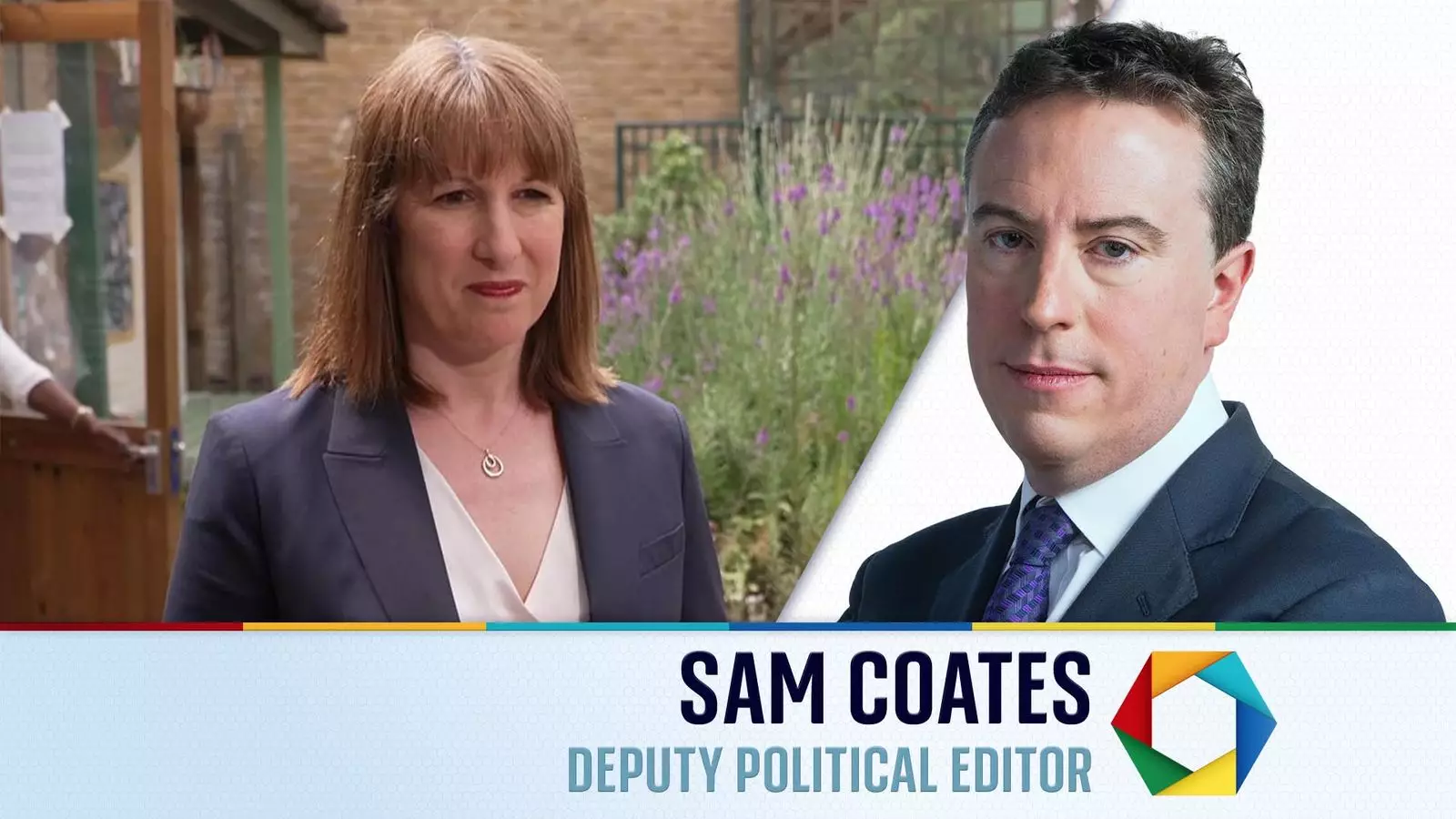The recent announcement regarding the winter fuel payment U-turn has sparked a whirlwind of criticism, but the real question is whether this politically motivated maneuver can genuinely be deemed justifiable. Rachel Reeves, the new economic custodian, has seemingly rushed into this decision without a clear financial strategy attached. This glaring oversight is more than just an unfortunate blunder; it lays bare a broader issue: the troubling disconnect between calculated policy-making and electoral strategy. While the administration may believe that pandering to the electorate will win favor, it risks forfeiting credibility in the long run by failing to show fiscal responsibility.
The Illusion of Improvement
Advocates of the U-turn are quick to wave the flag of economic recovery, suggesting that current conditions warrant such drastic changes. However, the optimism surrounding this economic “improvement” warrants skepticism. The Office for Budget Responsibility (OBR) has already slashed its growth forecast, and the Organisation for Economic Co-operation and Development (OECD) has offered similarly grim predictions. Declaring an end to interest rate hikes while conveniently glossing over the governmental missteps contributing to the sluggish decline of these rates reeks of political opportunism rather than sound governance.
The Ripple Effect of Policy Changes
Reeves’ U-turn doesn’t simply sit in isolation; it invites speculation about what’s next on the chopping block. The contentious Personal Independent Payment (PIP) and the two-child benefit cap are now in the crosshairs. If the government avoids revisiting these policies, it creates the impression that they are unwilling to confront significant welfare issues that impact many families across the UK. On the flip side, if they do choose to revisit them, they risk angering their economic stakeholders who wield influence over market stability. It’s a precarious balancing act that exposes the government’s struggle to maintain both economic and social integrity.
Internal Strife and External Pressure
One cannot ignore the cracks forming within the Parliamentary Labour Party, highlighting the tension between factions that advocate for hefty public spending versus those that adhere to the notion of financial prudence. This infighting serves as a clear window into the party’s struggle to sort its ideological priorities amidst public dissent. The divisions create an atmosphere of uncertainty, appearing as a hindrance to united governance and endangering Labour’s long-term credibility. Constituents who might have leaned toward Labour on the promise of fiscal diligence are left questioning whether they can trust this party with the nation’s finances.
A Reckless Gamble or a Savvy Strategy?
Ultimately, the sheer audacity of this U-turn can potentially serve as a double-edged sword. While the rationale is to pacify discontent among the older voter demographic—an essential component of Labour’s electoral base—one has to ponder whether this short-term win is worth the long-term cost. This gamble may yield momentary satisfaction among certain groups, but at what expense? The government risks alienating a core supporter base that values both social responsibility and fiscal integrity. As the dust settles, the unfolding narrative will determine whether this strategic pivot was a calculated move toward inclusivity or a desperate bid to silence opposition at all costs.

